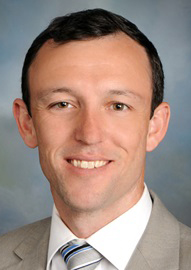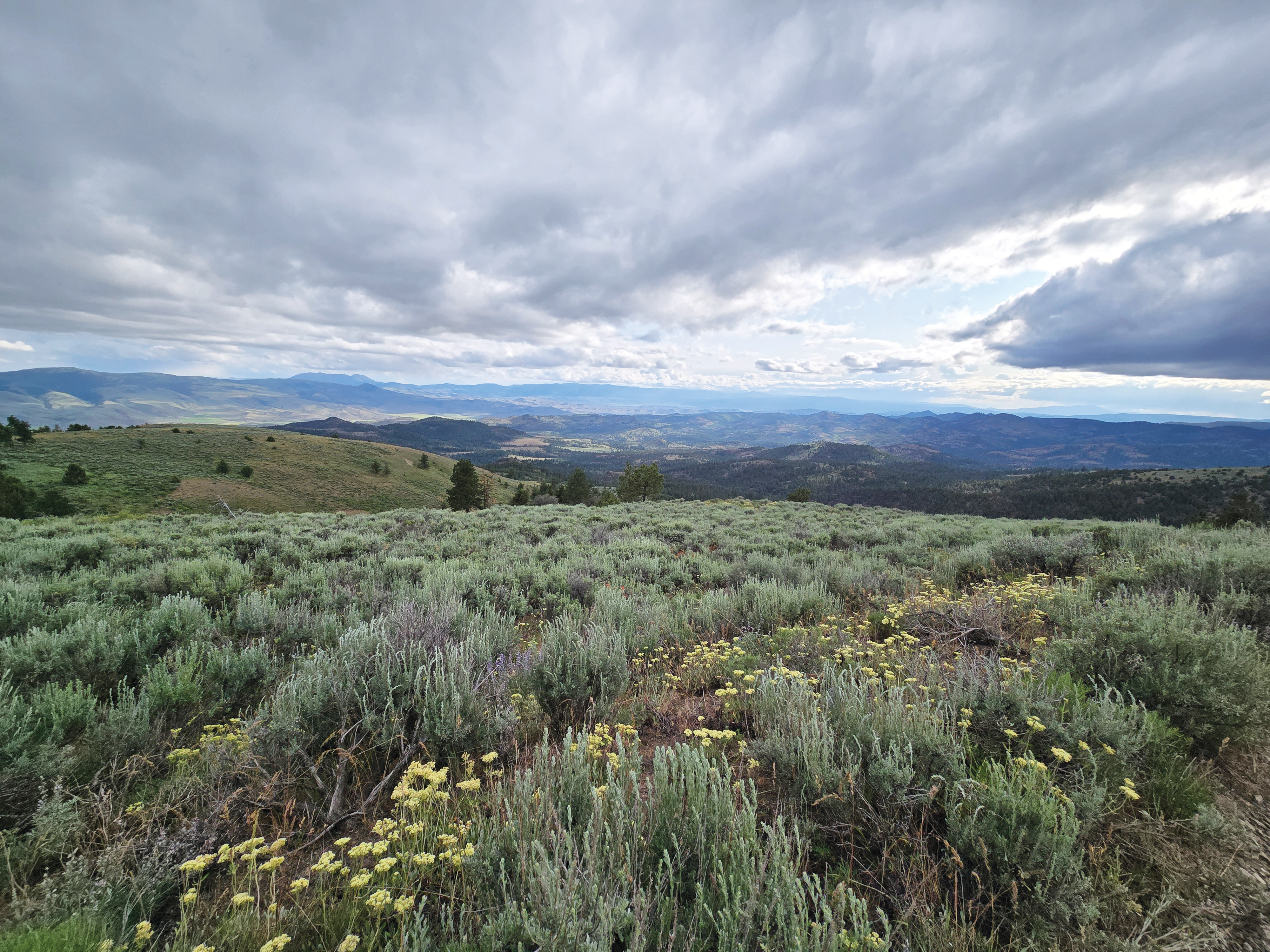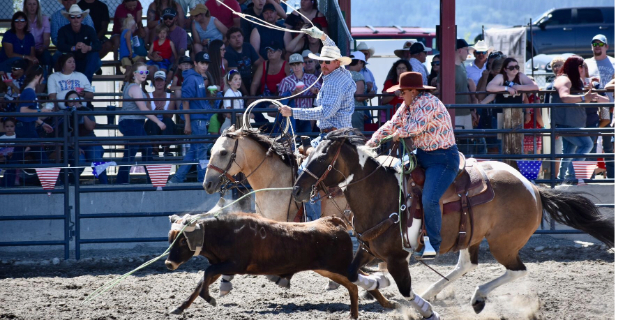Grass tennis courts sold
Published 9:20 am Tuesday, August 28, 2018

- Casey Crowley / Baker City HeraldBaker City’s grass tennis court complex has been sold. Don McClure, who bought the four-court complex in 2007, recently sold the property to Jon and Susie McLagan.
Over the weekend the Doubles on Grass tennis tournament proceeded like any other tournament at Baker City’s WimbleDon Grass Courts, but there was something different that one couldn’t notice just by watching the matches.
This was the first tournament under the ownership of Jon and Susie McLagan, who purchased the property from Don McClure, the current namesake of the courts.
McClure had owned the property, on a knoll above Grace Street at the city’s southwest corner, since 2007.
McLagan said he had been interested in buying the property since March. He began negotiating to acquire it in May before finally closing on the sale July 27.
The four-courts complex is one of just seven grass tennis court facilities in the U.S. and of only two west of the Mississippi River, according to the United States Tennis Association (USTA).
The association gave awards to the complex in 2002.
“The game started on grass but since the 40s and 50s it’s gradually diminished in favor of hard courts,” said Michael Hughes, a tournament director for the courts who lives in Klamath Falls.
The property’s original owners, Borden and Sandi Granger, built the first two grass courts in 1995, and the second pair in 2000.
The courts have generated considerable controversy, most notably complaints from neighbors about lights and noise, as well as a lack of land-use permitting.
In 2003, a group of Baker City residents claimed that the courts violated the city zoning ordinance because they constituted more than an “accessory use” for residential properties. With the help of the City Council, the Grangers reached a compromise with the residents.
That deal eventually led to the city issuing a conditional use permit for the property, which allowed the courts to remain so long as the owners followed a set of rules.
Then, in 2011, McClure asked city to change the rules so that the courts could be used for more tournaments and the lights at the facility could be on later at night.
After multiple City Council meetings, another compromise was reached allowing the lights to stay on until 10 p.m. on 10 of the 22 allowed tournament days per year.
Since 2011 there have been no reported issues with the courts and the city.
Hughes said the lights, which cost $30,000, aren’t used frequently.
Both Jon McLagan and Hughes said they are confident the courts will not cause problems for neighbors.
McClure said past complaints from nearby residents had no impact on his decision to sell the courts.
McClure said he sold the property because he had moved to Boise. He said he is confident that the McLagans will do an excellent job maintaining the property.
The McLagans have lived in Baker City for about a year. Jon McLagan is a real estate broker who has worked off and on in Baker City for the last 12 years and he and his wife have previously owned a yoga studio in Bend.
When the McLagans moved here last year they rented the property that includes the tennis courts and they fell in love with the facility, even though neither is an avid player.
“We definitely want to keep it as an asset to the community for sure because I realize now the passion and the uniqueness this has with the tennis players,” Jon McLagan said.
“We were looking for a permanent move here and we were finally able to put that together.”
The McLagans’ daughter, Chelsea Judy, lives in Baker City and is the marketing director for Anthony Lakes Mountain Resort.
Jon McLagan said he and his wife don’t plan to make any big changes to the way the courts are operated and that he will re-evaluate next year.
Hughes, meanwhile, who has been playing tennis most of his life, started as tournament manager at the Baker City grass courts last year.
“I started as a player with a passion for the game and a passion for the place and then it was obvious to me that there was a need for someone to step up,” Hughes said.
The courts are mainly operated and managed by Save the Grass Courts Association (SAGA), a nonprofit organization founded in 2007. SAGA is run by a board of volunteers.
“SAGA is really a non-profit that helps this thing stay alive but there is a broader mission about grass court tennis in general,” Hughes said.
See more in the Aug. 1, 2018, issue of the Baker City Herald.






